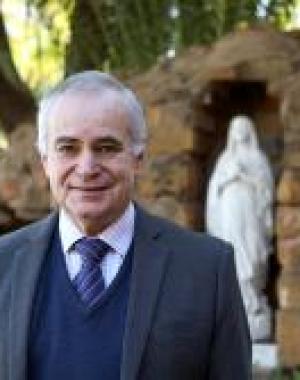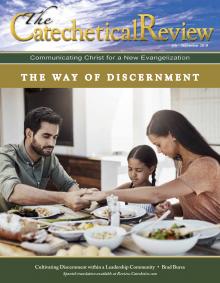Maria Montessori - Devout Catholic Educator
The name Maria Montessori has been associated with a highly successful educational method for over a century. What is not well known about Montessori is that she was a sincere Catholic, who received enthusiastic endorsement from the highest authorities in the Church. As early as 1910, Pope Pius X was familiar with her work and commended it for its capacity to regenerate the child. His successor, Benedict XV had a two-hour private audience with Montessori regarding her methods, and then sent her a letter asking to set up an organization to promote her work more broadly. Further private audiences and encouragement followed from Pope Pius XII and John XXIII. Speaking in 1970, Pope Paul VI observed that "Maria Montessori's method of religious pedagogy is an extension of her secular pedagogy; it is naturally founded on the latter and forms its crown." Indeed, she believed that the principles expressed in the Sacred Liturgy of the Catholic Church exactly matched her discoveries in the broader field of education. Pope John Paul II reiterated Paul VI's observations and added that "the name of Montessori is clearly representative of all women who have made important contributions to cultural progress."
Montessori had not always been a devout Catholic. In her youth she had been a sceptic. Her son, Mario, wrote that his mother had undergone a dramatic conversion brought about by what she witnessed in the children she worked with. "She left her career, she left her brilliant position among socialists and feminists, she left the university, she left even the family and followed him [Christ]." While they applauded many of her ideas, it was the characteristically Catholic dimensions of Montessori's method which brought her into conflict with the American philosophers, John Dewey and his disciple, William Kilpatrick. The anti-Catholic nature of the American educational establishment in the early part of the twentieth century was sufficient to discredit Montessori's insights until the 1950s, when they were re-examined more dispassionately.
The rest of this online article is available for current Guild members.
This article is from The Catechetical Review (Online Edition ISSN 2379-6324) and may be copied for catechetical purposes only. It may not be reprinted in another published work without the permission of The Catechetical Review by contacting [email protected]


















